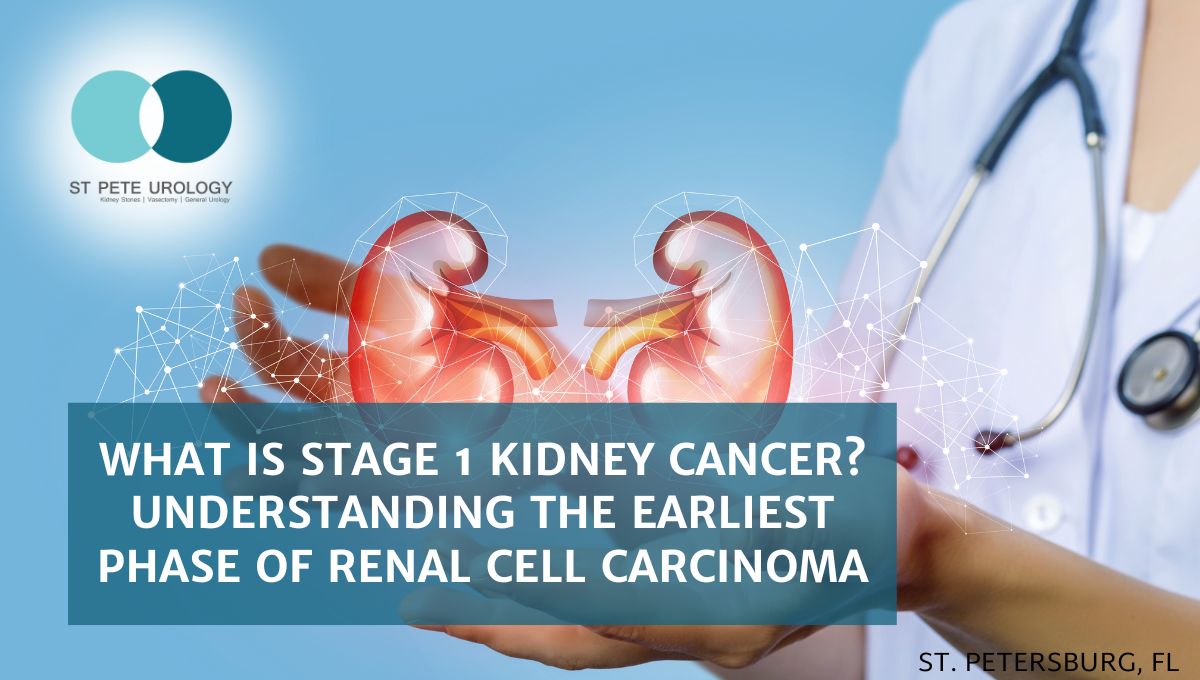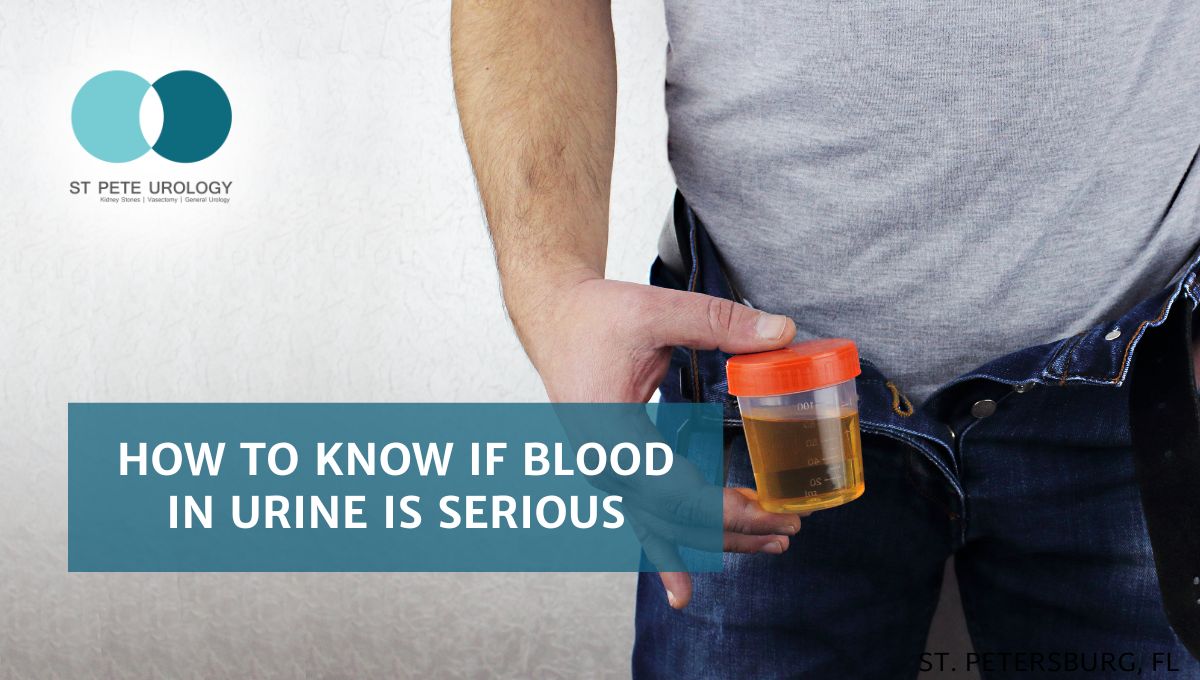Discover 7 proven ways to keep your urinary system healthy. From hydration tips to pelvic floor exercises, learn how St. Pete Urology helps maintain bladder and kidney wellness.
Continue readingWhat Are the Do’s and Don’ts After Prostate Surgery?
Discover essential do’s and don’ts after prostate surgery. Expert recovery tips from St. Pete Urology’s board-certified urologists for a smooth, safe healing journey.
Continue readingWhat is Stage 1 Kidney Cancer? Understanding the Earliest Phase of Renal Cell Carcinoma
Learn what stage 1 kidney cancer means, including symptoms, survival rates, and treatment options. Expert insights from St. Pete Urology’s board-certified specialists.
Continue readingIs Active Surveillance Good for Prostate Cancer?
Active surveillance offers low-risk prostate cancer patients a safe alternative to immediate treatment. Learn about monitoring protocols, eligibility criteria, and long-term outcomes from St Pete Urology’s experts.
Continue readingHow to prevent urinary catheter infections?
Discover 7 evidence-based strategies on how to prevent catheter infections. Learn proper care, hygiene practices, and warning signs from St. Pete Urology experts.
Continue readingHow to know if blood in urine is serious?
Blood in urine can signal serious conditions like cancer or kidney disease. Learn when to see a urologist, what tests to expect, and treatment options from St. Pete Urology’s board-certified experts.
Continue readingWhy Does My Child Wet the Bed? A Urologist’s Guide to Bedwetting
Help your child overcome bedwetting with expert guidance from St. Pete Urology. Learn causes, when to seek help, and proven treatment options for nocturnal enuresis.
Continue readingWhat to Expect From a Vasectomy: Procedure, Recovery, and Reversal Options
Considering a vasectomy procedure? Learn what to expect during the procedure, recovery timeline, success rates, and fertility restoration options including vasectomy reversal from St Pete Urology.
Continue readingHow Can I Test If My Testosterone Is Low?
Get expert guidance on testosterone testing from St Pete Urology. Learn about blood tests, symptoms, and when to see a urologist in St. Petersburg, FL.
Continue readingErectile Dysfunction: New Therapies and When to See a Urologist
Discover breakthrough erectile dysfunction treatments available in 2025, including shockwave therapy and stem cell options. Learn when to see a urologist in St. Petersburg, FL.
Continue reading









